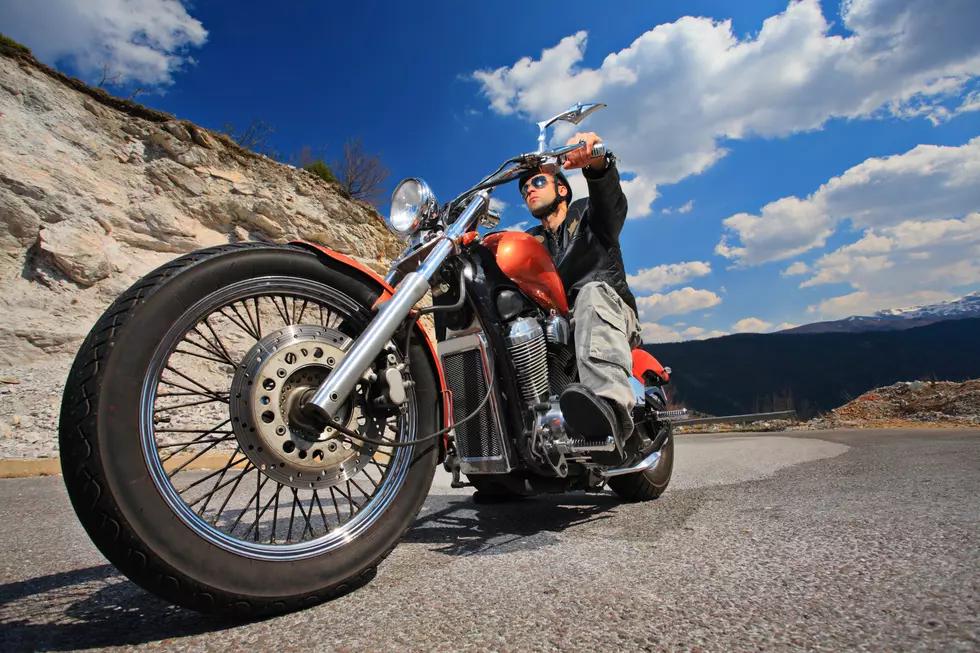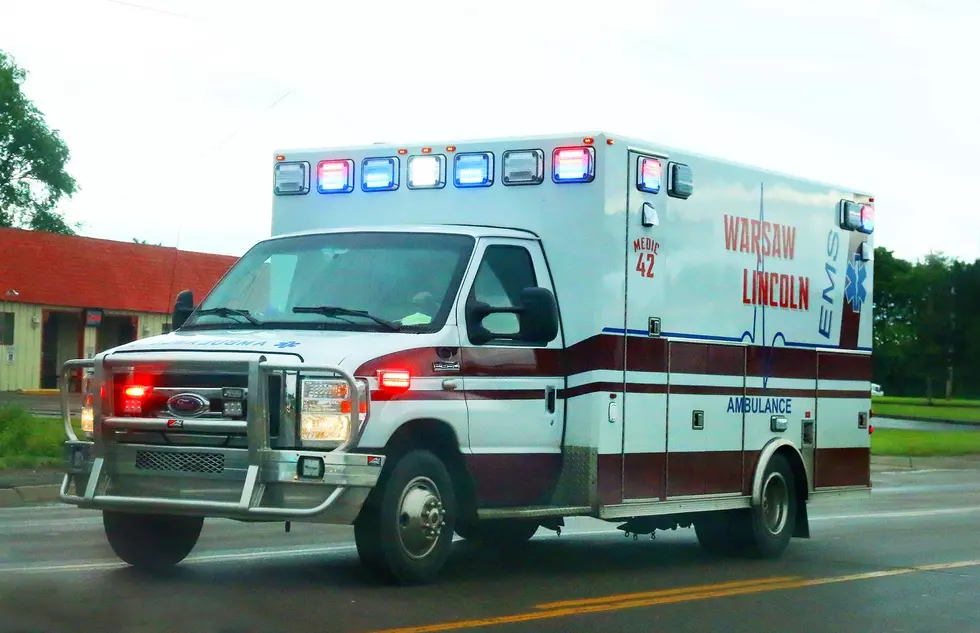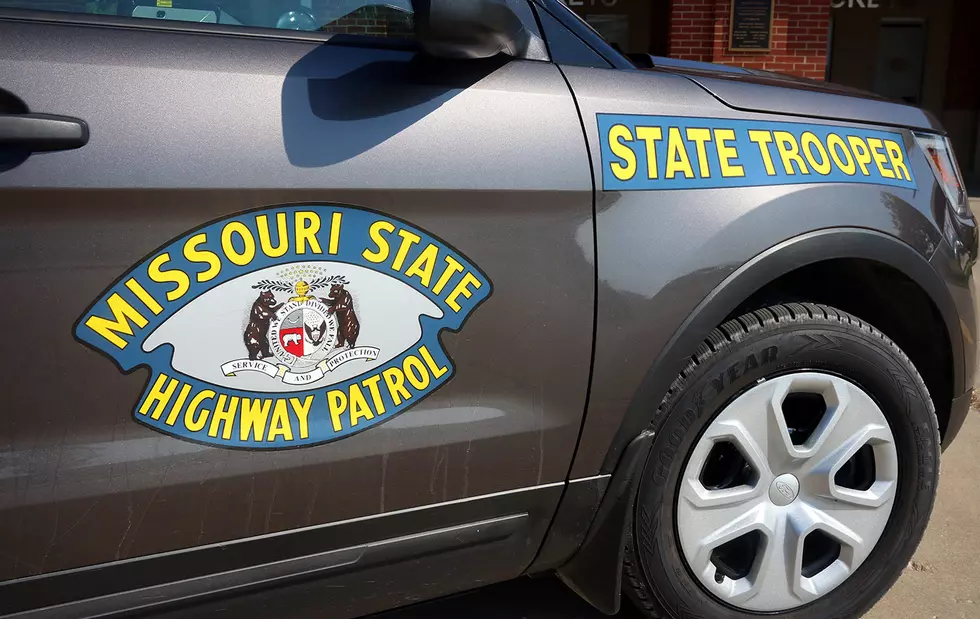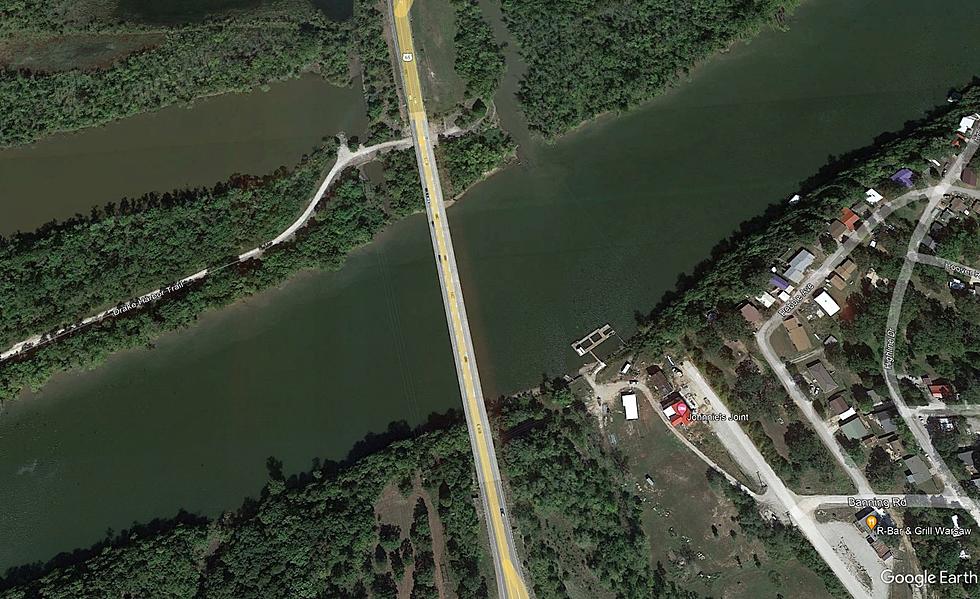
MSHP to Participate in ‘Operation Dry Water’ Campaign
The Missouri State Highway Patrol will participate in the 10th Operation Dry Water campaign.
The national campaign includes marine law enforcement officers from all 50 states and six U.S. territories. Officers will coordinate special patrols help keep waterways safe from boaters operating under the influence of alcohol or drugs. Missouri has participated every year since the campaign's inception.
This year, June 29 - July 1 has been designated as Operation Dry Water weekend.
“As a partner in this national campaign, troopers will focus their efforts on detecting and apprehending impaired boat operators,” said Col. Karsten. “Consuming alcohol and then operating a vessel puts lives at risk. The Missouri State Highway Patrol joins its Operation Dry Water partners in stressing the importance of being sober when in and around water. Please don’t operate a vessel if you’ve consumed alcohol.”
The Patrol says that in 2017, troopers arrested a total of 15 people statewide for boating while intoxicated, contacted 856 vessels and 2,745 boaters, and issued 146 boating violation summonses and 1,238 warnings on Missouri waterways. Marine operations troopers also issued 86 summonses for non-boating violations during the 2017 Operation Dry Water weekend.
Special enforcement operations will continue throughout the summer months. Boaters are reminded that designating a sober operator is always the safest bet if alcohol is going to be included in their boating experience.
A press release from MSHP says Operation Dry Water weekend takes place near July Fourth, a holiday known for an increase in alcohol related boating crashes. Boating under the influence continues to be a leading factor in crashes and deaths on our nation's waterways according to recently released U.S. Coast Guard Recreational Boating Statistics. Missouri boat operators are reminded that a blood alcohol content of .08% or greater will lead to an arrest for boating while intoxicated. Intoxicated boat operators endanger themselves, their passengers, and other boaters utilizing our many waterways.
More From AM 1050 KSIS









